|
Being in contact with the outdoors has a positive impact on the development of humans. It is not unusual to feel inspired whilst on a walk in your local park, or going away to the countryside to “get some peace”. Outdoor Education is an innovative teaching method that answers to that need for space; it offers long-lasting quality education, and fights against the ever-evolving climate crisis. The new edition of the course “Outdoor education: a new way of teaching and learning” took place in Bologna from 26/06/2022 - 02/07/2022. The participants came from all across Europe, with Airita from Priekule secondary school in Latvia; Laszlo from Fenyi Gyula Jesuit High School in Hungary; Aikaterini from 2nd KINDERGARTEN SCHOOL OF LITOCHORO in Greece; Ilze from Barboleta Ltd/ kindergarten "Learn to Learn" in Latvia; Charlotte from USA; Jana from Gymnázium Šrobárova in Slovakia; Jakab from Rákospalotai Meixner Általános Iskola és Alapfokú Művészeti Iskola in Hungary; Silvia and Hortensia from HUERTAS DEL PALMAR SCHOOL in Spain; and Athanasia, Maria, Kyriaki, Ioannis from Δημοτικό Σχολείο Πανόρμου in Greece. The participants started the week off with defining Outdoor Education, and sharing their personal experience. In such a diverse group we were met with different techniques and practices, which came in handy when the group had to come up with a universal definition of Outdoor Education. It also helped when we were discussing the benefits of learning outdoors - the cognitive, behavioural, and physical aspects. On Tuesday we focused on learning about Outdoor Education in nature, with a visit to a local park close to Bologna. All the games and activities gave inspiration to the group in more than one way - this was to help them tackle the last challenge of this week. Before going on an adventure of their own, the participants discovered Kurt Hahn’s 10 principles in an indoor setting by playing a treasure hunt in the course venue. Running around the building they could feel like their students for once, whilst also gathering more clues about the topic at hand. After a short discussion about the principles, the group left to explore Florence. Another thing we stressed was the fact that Outdoor Education doesn’t have to happen only in open spaces in nature. We started the day off with a treasure hunt in the centre of Bologna - both to test the participants’ knowledge of Bologna, and to show them how to apply outdoor learning in an urban setting. After the morning’s hunt, the group learned how to make their own. The last day was dedicated to brainstorming. Using the venue’s garden as a map, the participants had to assess the risks, the opportunities, and come up with the activities they could do with their pupils. The last challenge of this week was to come up with a detailed plan of their own outdoor activity! We had some great ideas, and great feedback from both the peers, and the trainer. By the time the week came to an end, the group gained many ideas to apply in their classes, were experts on the topic of Bologna, and - thanks to the Greek participants - became amateur Sirtaki dancers. Thank you for this week and good luck in applying your outdoor activities! Discover more about this course at https://www.erasmustrainingcourses.com/outdoor-education.html
Nowadays it is easy to feel overwhelmed and to think that we cannot manage our daily tasks. Stressful situations can manifest themselves both in our professional and personal life and it can be difficult to avoid conflict when we find ourselves in a stressful environment. Learning how to cope with stress and how to deal with conflict management is a crucial soft skill in our modern workplace. In this course the participants had the opportunity, through theory and practical activities, to learn about the tools to manage and overcome conflict and stressful situations. The new edition of the course “Stress and Conflict Management: the way to resilience and satisfaction” took place in Bologna from 26/06/2022 to 1/07/2022. The participants came from all across Europe, with Noneta Bakiroviene and Gvida Rinkevičienė from Ukmerge Nursery-Kindergarten "Saulute" in Lithuania, Marta Alexandra Marques Bento, Ana Paula Muacho, Nádia Lopes de Figueiredo and Francisco Manuel Pereira Destapado from Agrupamento de Escolas Emídio Navarro in Portugal, Ilona Kovács from HMSZC Bornemissza Gergely Technikum, Szakképző Iskola és Kollégium in Hungary, Gabriela Fischer and Christine Mössler from HLW Schrödinger in Austria, Petra Hamnar and Ann-Catrin Malmmark Svensson from Alviksskolan in Sweden, and Susana Pérez from Institut Cal.lipolis in Spain. On the first day participants reflected on the meaning of the word stress by brainstorming in groups. Stress is caused by a series of stressors that can be related to many factors: physical, environmental, family-related, or work-related. However, small amounts of stress can also have positive outcomes and push us to achieve our goals or to respect a deadline for example. For this reason the group learned to distinguish between Distress (negative) and Eustress (positive).
Another topic that was discussed during the course was assertiveness, which is a fundamental skill when it comes to dealing with conflicts. It can be tricky sometimes, especially when we fear we will hurt the feelings of the person in front of us. However, in every conversation “no” should be also taken into account. We also discussed about resilience and gratitude.
During this week everyone kept in mind one important concept: to always approach any conflict with two different point of view. The first one as an individual (as a parent, friend…) and the other one from their role inside the school, as educators. This helped them to bring the topic home and built an open-minded environment. Discover more about this course in: https://www.erasmustrainingcourses.com/early-school-leaving.htm
|
Welcome to the ELA Blog. Here you will find articles and photos of our courses and have a look at the topics addressed during the week in Bologna, Palermo and Tenerife. You will also have the chance to take a peek at our projects and check out what we have been up to.
Archives
July 2024
Categories |
-
Course catalogue
- 2023-2024 course catalogue
- Soft Skills >
- ICT and New Technologies >
- Inclusion and Diversity >
-
Innovative Teaching Methods
>
- Innovative teaching methods discovery
- Non-formal education teaching methods
- Dual education and work-based learning
- Teaching leadership and entrepreneurship
- Project based learning
- Game based learning and gamification
- Green skills
- Outdoor education
- Outdoor education trekking edition
- Promoting creativity and critical thinking
- Languages and EU projects >
- Preschool >
- Erasmus Plus KA1
- What we do
- About us
- Locations
- Blog
- Contact us
 English
English български
български Čeština
Čeština Español
Español Français
Français ελληνικά
ελληνικά Italiano
Italiano Polski
Polski Português
Português Română
Română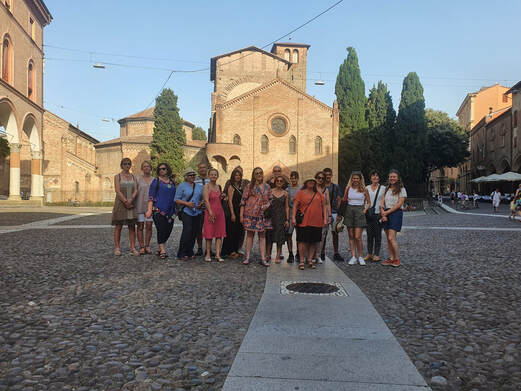
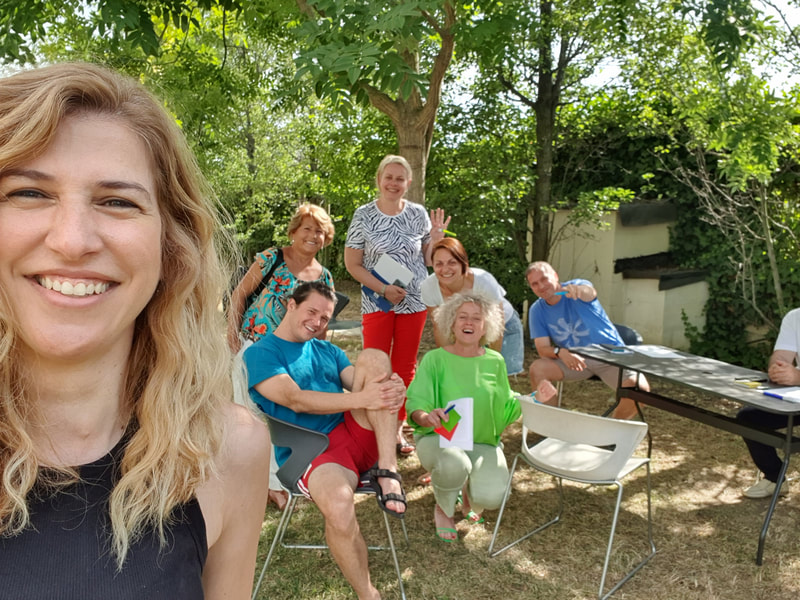
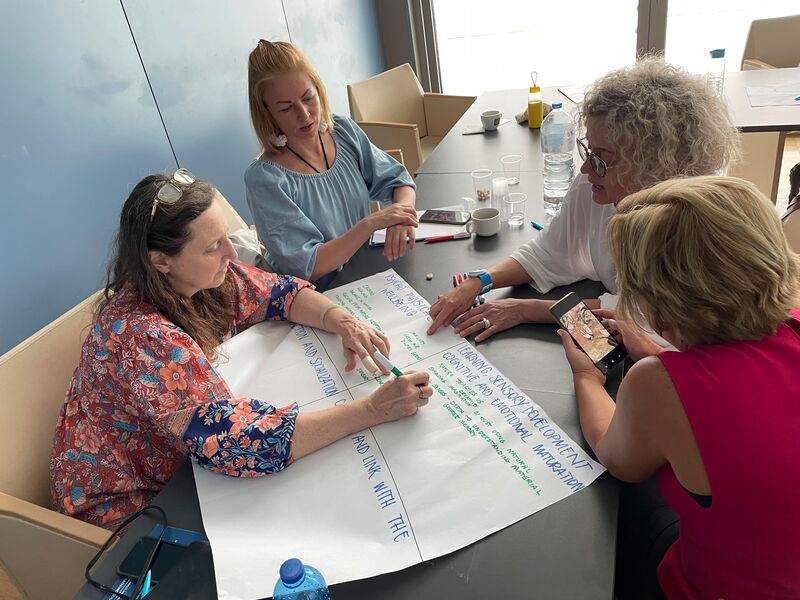
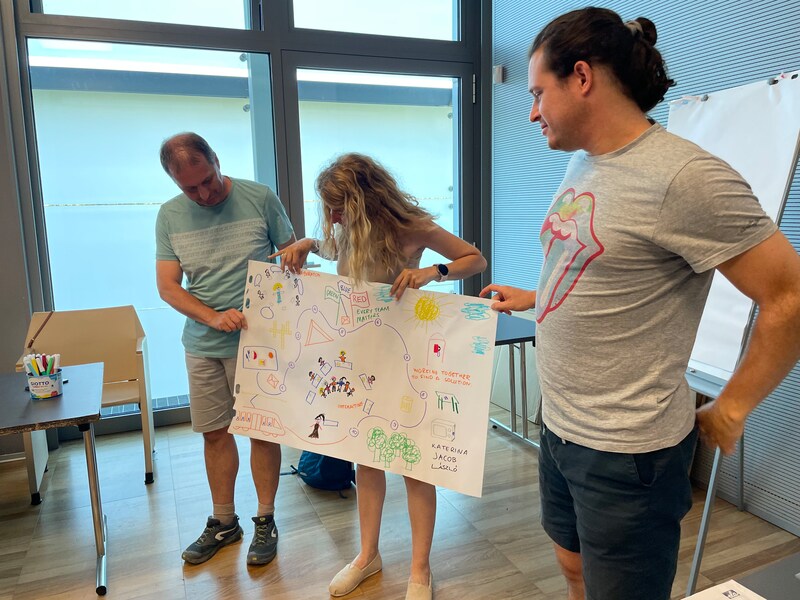
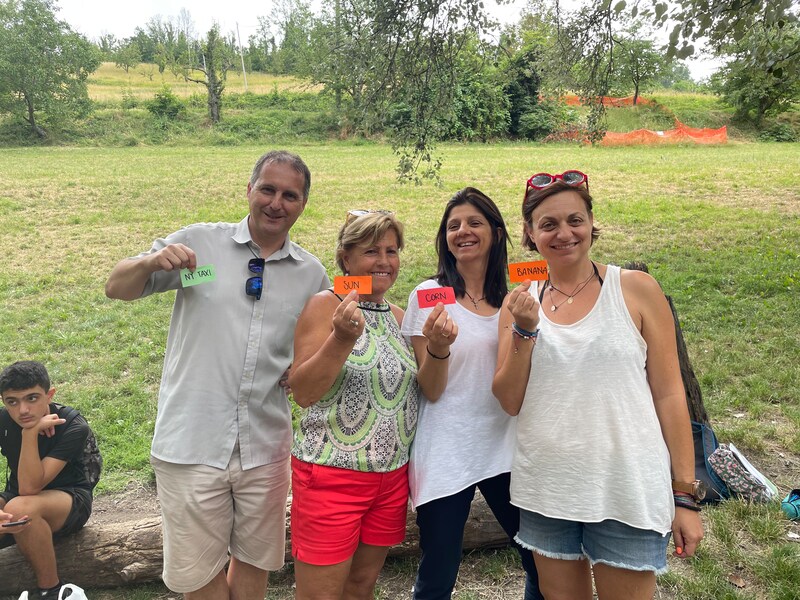
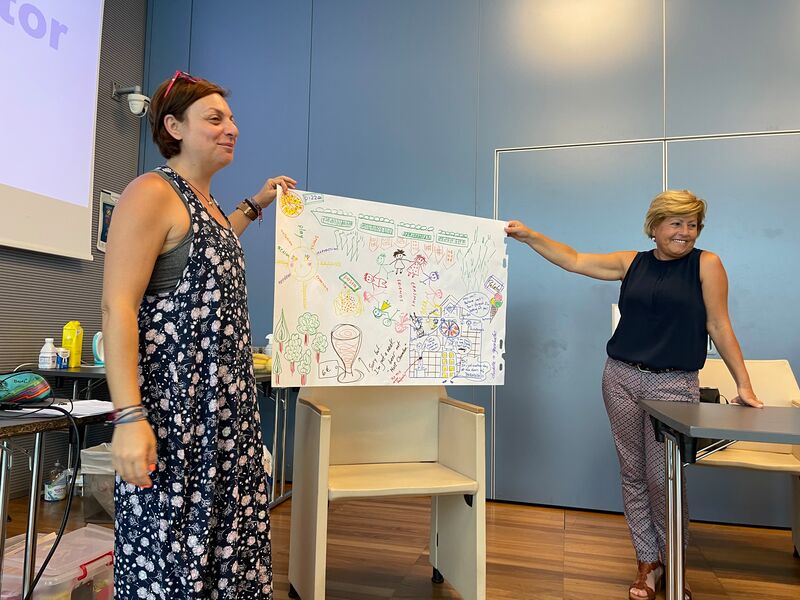
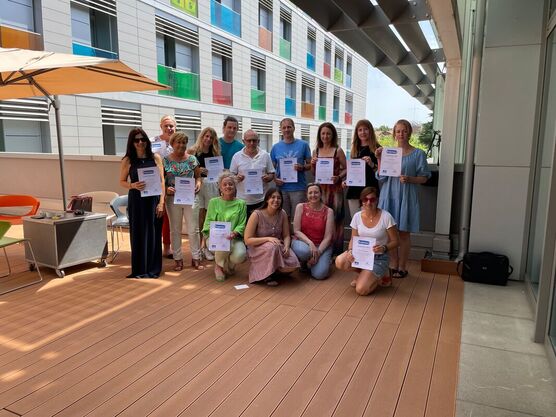
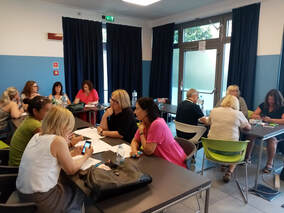
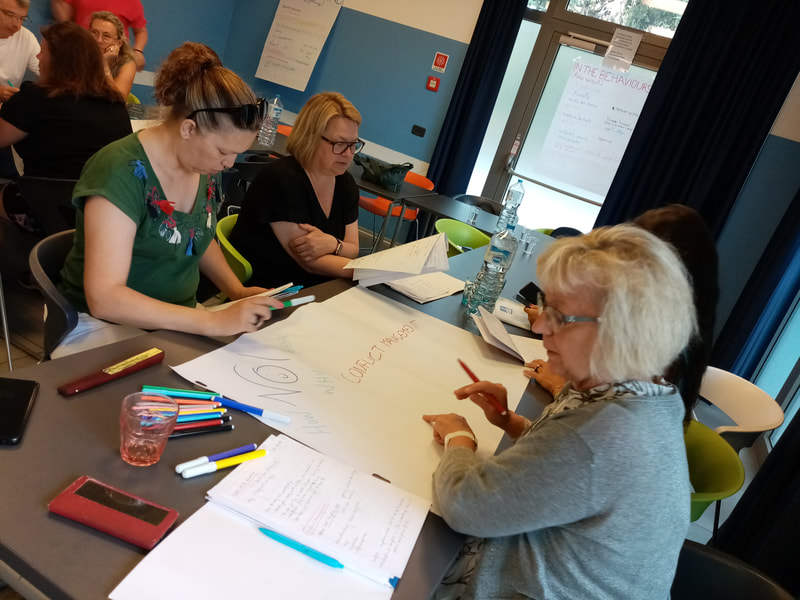
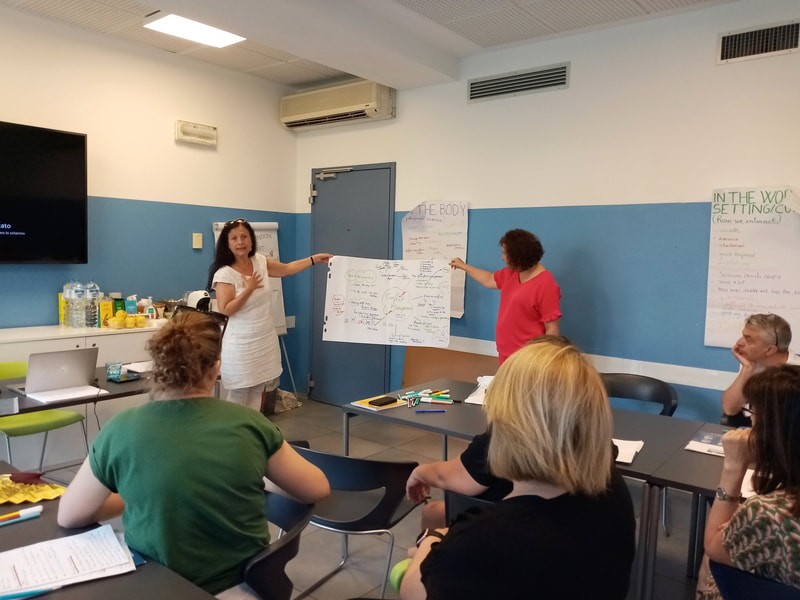
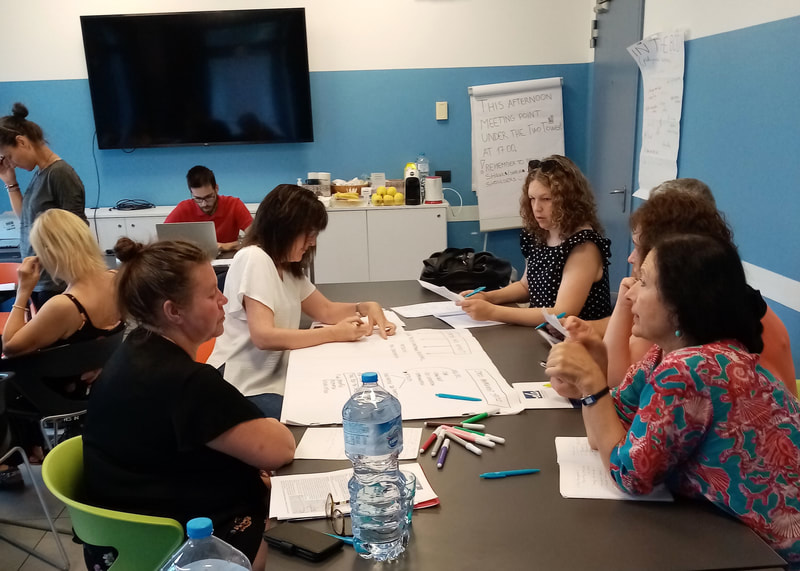
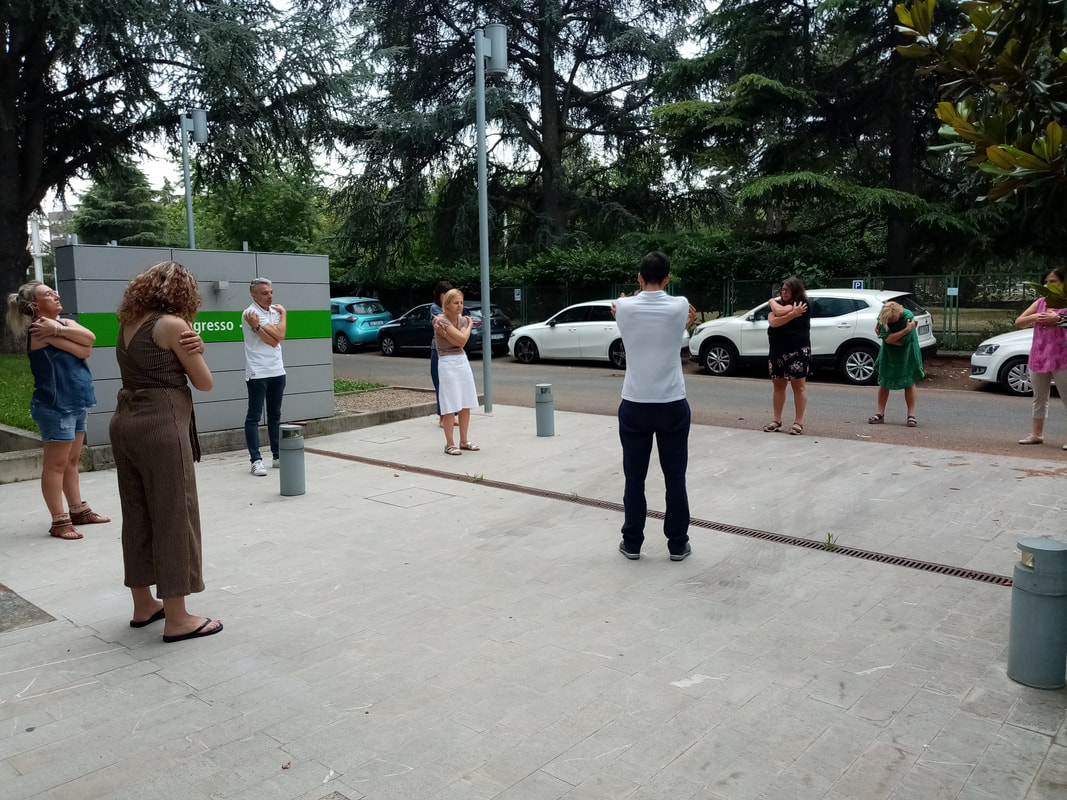
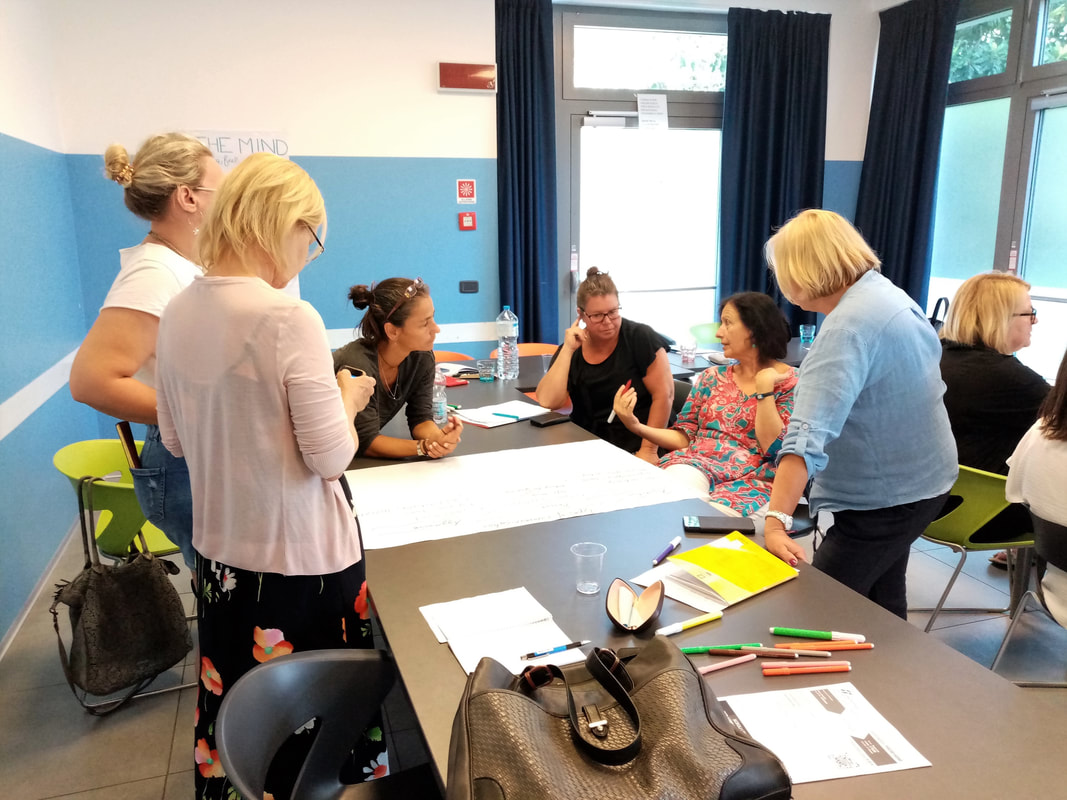
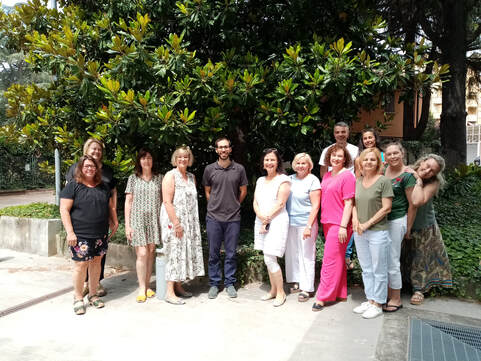
 RSS Feed
RSS Feed









